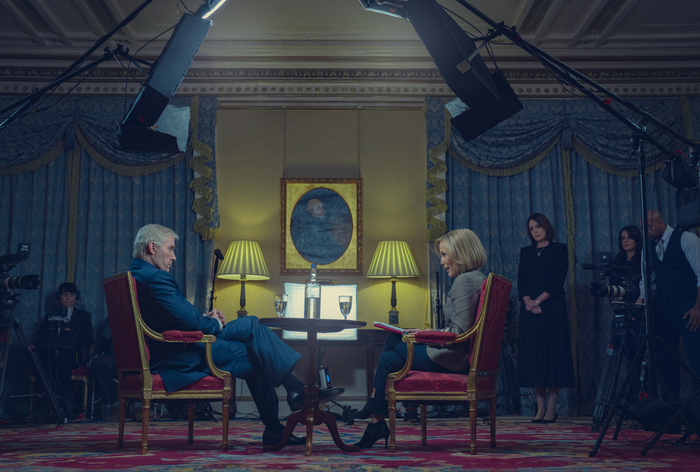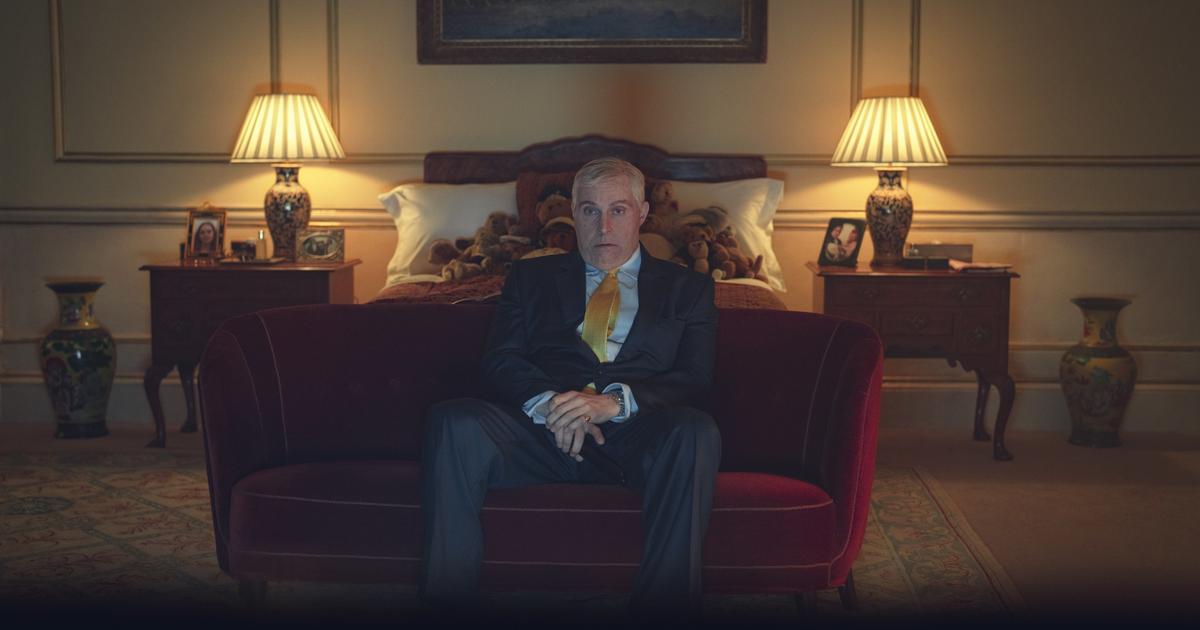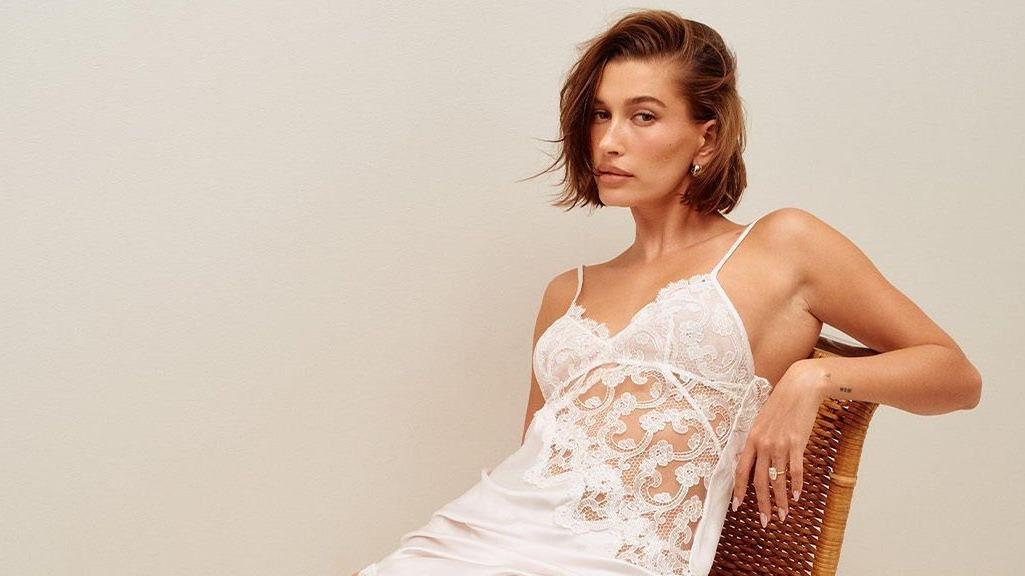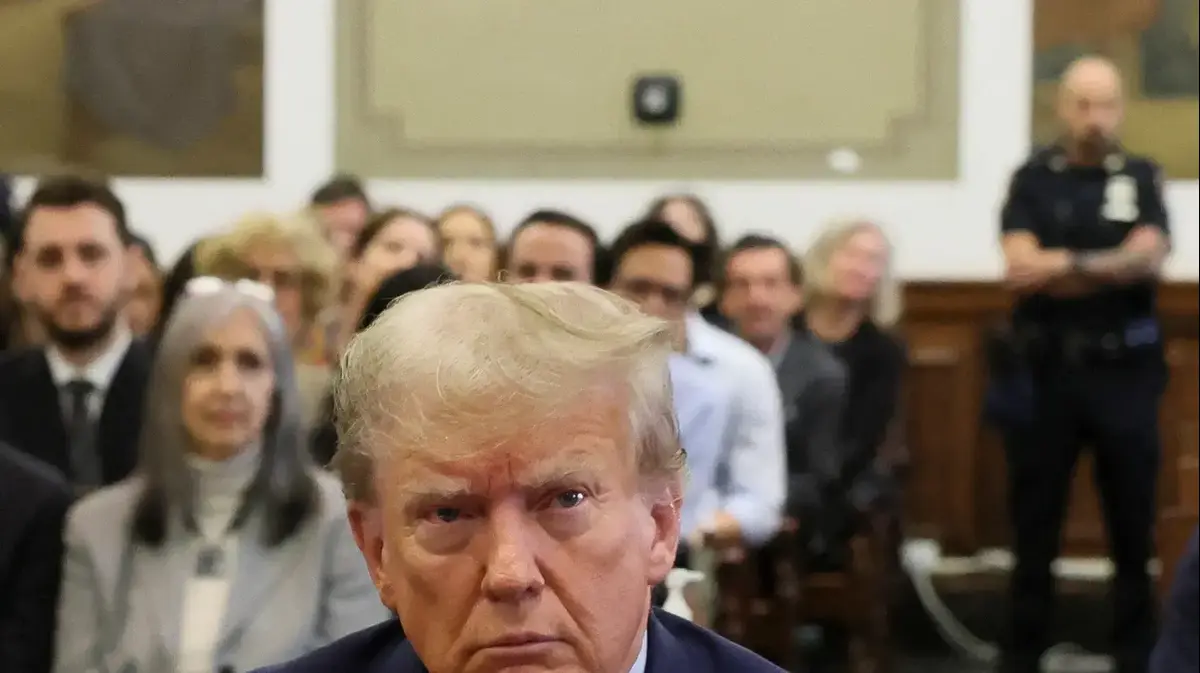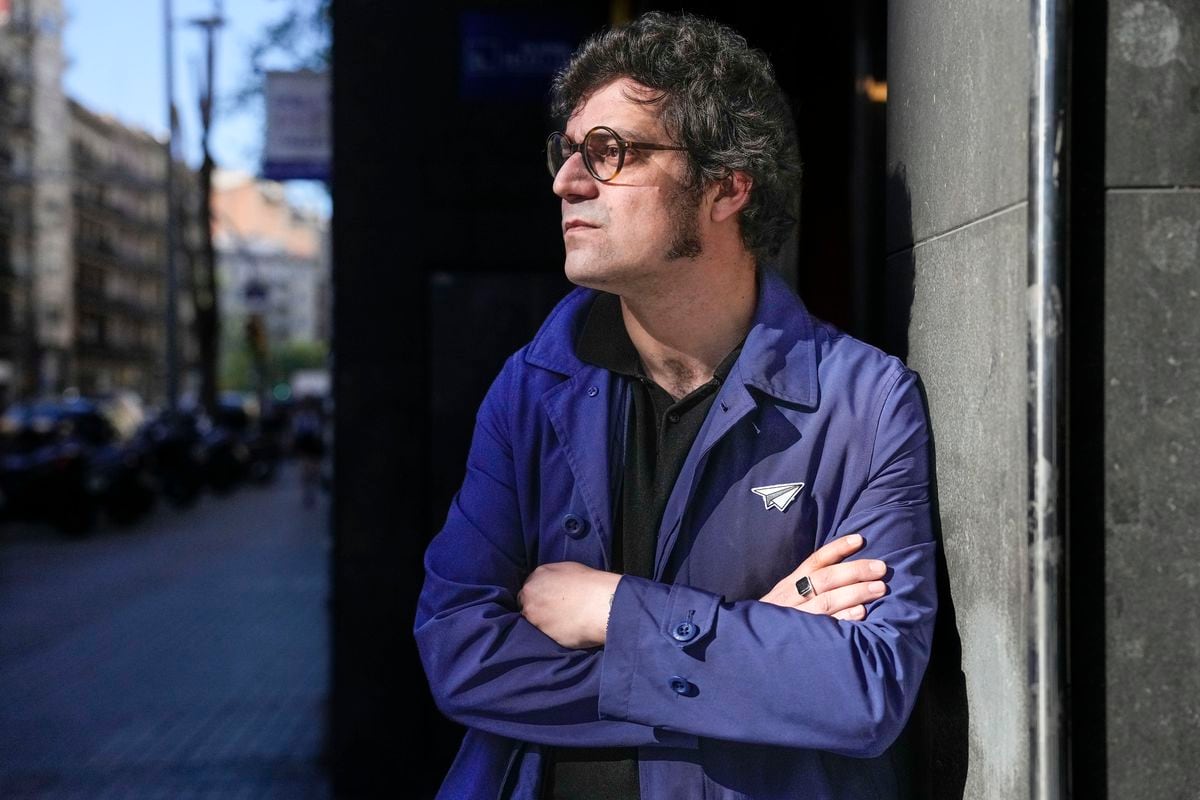The past decade for Victoria's Secret, the brand long considered the queen of the lingerie empire, has been a turbulent one.
Gone is the golden age in which the world was paralyzed during the minutes of its annual
show
to see its
angels
parade , the models carefully chosen by the firm, winged in glitter and glitter and dressed in tiny diamond-cut lingerie, which they marked a canon of beauty, for the vast majority, unattainable.
His parades, which were held for 23 years, were considered the Super Bowl of fashion, with performances by leading singers such as Lady Gaga, Bruno Mars, The Weeknd, Taylor Swift or Beyoncé.
Until its last edition held in Paris in 2018, the show had been configured as the sample of fantasy and unreal perfection that Victoria's Secret wanted to sell to its clients, through the figures of Gisele Bündchen, Adriana Lima, Heidi Klum, Alessandra Ambrossio, among others, models whom he helped in his career to fame.
More information
The sale of Victoria's Secret marks the end of an era for the brand
But these women and the stereotype they represented, almost a physique beyond the human, sculpted based on exhaustive training and fed on barely water the days before the parade, no longer fit with a society in the Me Too era, ready to vindicate the culture of
body positivity
, diversity, inclusivity and denounce sexual harassment and the hypersexualization of women's bodies.
Counting these shadows, as well as the lights around Victoria's Secret —founded by Roy Raymond, in 1977, so that men would no longer feel embarrassed when entering a lingerie store to buy— is what the new documentary
The Rise and Fall of Victoria's Secret
.
From left to right, in the front row, Victoria's Secret models Izabel Goulart, Selita Ebanks, Karolina Kurkova, Gisele Bündchen, Alessandra Ambrosio and Adriana Lima.
Jon Kopaloff (Getty)
The film, which is divided into three chapters and premiered on June 18 at the Tribeca Film Festival in New York (USA), has many first-hand accounts and a deep investigation to reveal the inner workings of the brand.
“The truth is not what it seems;
as it is revealed that the fashion underworld, the billionaire class and Jeffrey Epstein are inextricably intertwined with the downfall of this legendary brand," reveals the summary of the miniseries, directed by Peter Berg and Matt Tyrnauer.
The production can be seen on the Hulu platform from July 14.
Culture of misogyny and fall to hell
This last detail, the relationship of the fall into hell of the lingerie empire with the sexual predator Jeffrey Epstein, is one of the elements that the film promises to uncover.
In 2019,
The New York Times
revealed that in the 1990s Leslie H. Wexner, a financial adviser close to the executive director of the company L Brands — parent company of Victoria's Secret — presented himself as a model recruiter for the brand. in exchange for sexual favors and swell their bank accounts.
This adviser would later be found to be Epstein, a millionaire accused of sex trafficking who would commit suicide in jail awaiting trial.
Subsequently, Wexner has declared on many occasions to feel "ashamed" by the friendly relationship with the pedophile.
But Victoria's Secret's decline in popularity came before this scandal: 2018 would become the turning point for the company, when it lost almost 50% of its value.
That same year, the last with a parade, the
show
would reach the lowest audience in its history since it opened in 1995: 3.3 million viewers compared to the usual 10 million.
Neither would the controversial statements by Ed Razek, director of
marketing
, help improve the company's image, where in an interview with
Vogue
magazine he made clear his opposition to diversity in the choice of models.
“Should we include trans models in the
show
?
No, I don't think so, because it's a fantasy, a 42-minute entertainment special and it's the only one of its kind," said the 71-year-old manager, who would resign from his post in 2019.
The harassment, misogyny and macho behavior of its directors would be the final straw for the credibility and popularity of the lingerie firm, after
The New York Times
published an extensive investigation entitled '
Angels' in hell: the culture of misogyny within Victoria's Secret
,
in which more than 30 executives, employees, contractors, and models were speaking out against the company's practices.
Rebel
angels and change of helm
And the unreal bubble that Victoria's Secret wanted to sell ended up bursting with the resignation of several of its most iconic figures: Adriana Lima hung up her wings in 2018 and did not parade with Victoria's Secret again, claiming to be fed up with the dictatorship of perfection and the pressures on his physique: "I will not take off my clothes again for an empty cause," he declared.
For her part, Gisele Bündchen, who signed her contract with the brand at the age of 19, confessed in an autobiography that after years parading in her underwear she began to feel uncomfortable.
"I felt less and less relaxed when they photographed me walking down the catwalk with only a bikini or a thong," said the Brazilian model in the same book in which she claimed to have suffered panic attacks and suicidal thoughts during one of the periods more successful in his career.
The real change of direction for Victoria's Secret did not begin until 2020, when L Brands sold the brand to the Sycamore Partners fund for just over 1,000 million dollars (953 million euros), in a last agonizing move to save the firm from its drift. .
View this post on Instagram
A post shared by Victoria's Secret (@victoriassecret)
Other gestures that sought to save his reputation were the hiring of the transgender model Valentina Sampaio after Razek's resignation, in addition to incorporating the Canadian model with vitiligo Winnie Harlow among his
angels
and the Spanish model Lorena Durán
.
Aware that the society of the 21st century is not the same as it was three decades ago, the company announced in 2021 the incorporation of influential women from the world of culture and sports as ambassadors of the firm, such as the American soccer player Megan Rapinoe, the Indian actress Priyanka Chopra, Chinese skier Eileen Gu and model and activist Paloma Elsesser.
His last big step, last year, was to announce that he would no longer use the term
angels
to refer to his models.
A gesture, this last one, unthinkable and too earthly for that Olympus in which Victoria's Secret became.

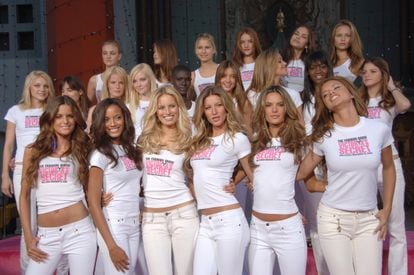
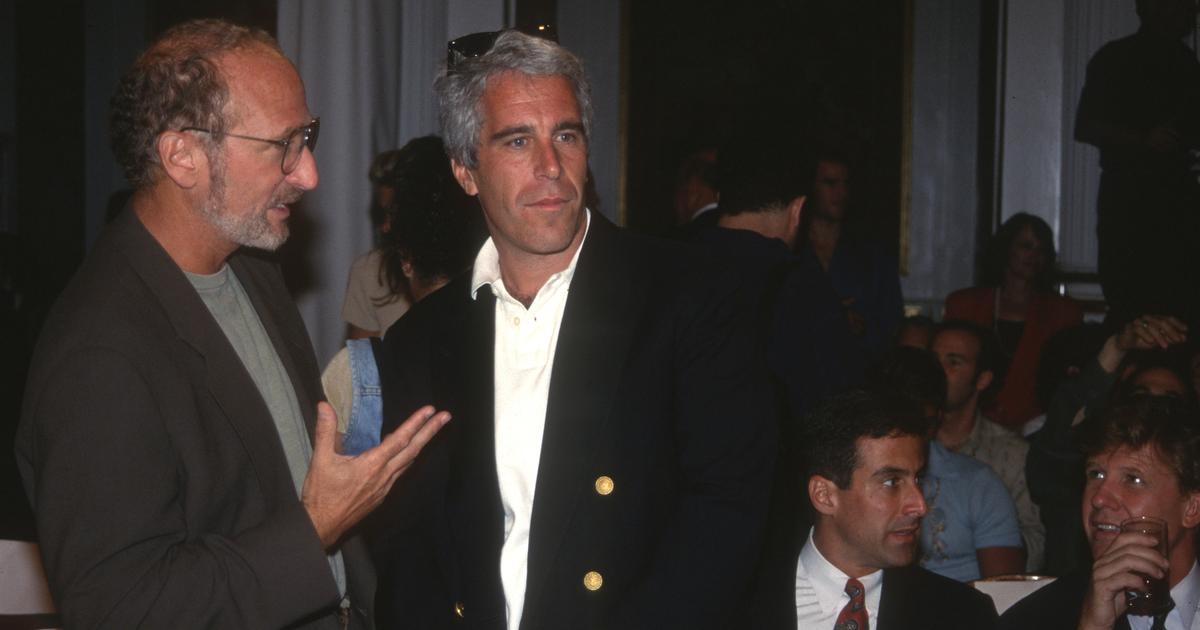

/cloudfront-eu-central-1.images.arcpublishing.com/prisa/3RK7SFBDLMVU3HOUGG5Q4GMLL4.jpg)
